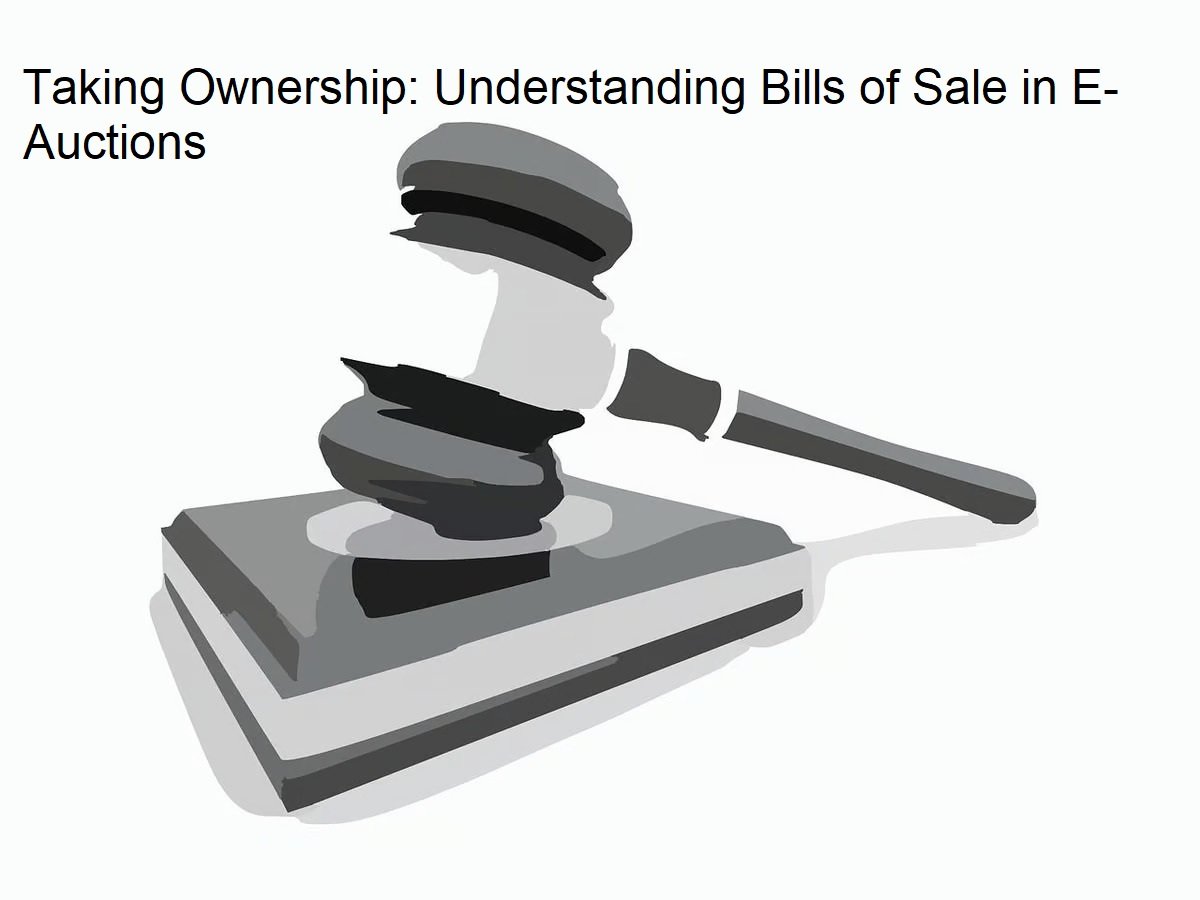Have you encountered the deceptive practices of auctioned property fraud? This deceit often involves misrepresenting the value or ownership status of properties. Recently, Mr. Ravindra Sharma, an investor based in Delhi, found himself ensnared in such fraudulent practices. He ventured into purchasing an auctioned property in South Delhi, only to uncover that the original owner had deceitfully sold the property. Now, what steps should Mr. Sharma take? To explore the legal avenues available in cases of auctioned property fraud, read on.
Understanding the Rights of Auction Purchasers under the SARFAESI Act
The SARFAESI Act of 2002 grants several rights to auction purchasers in India:
- The right to inspect the property before bidding.
- The right to obtain clear title and possession upon a successful bid.
- The right to challenge irregularities in the auction process.
- The right to seek remedies for any wrongful auction conduct.
- The right to a redemption period as per SARFAESI Act provisions.
Apart from being aware of these rights, buyers must consider certain factors before purchasing auctioned property to prevent fraud. The subsequent section elaborates on these considerations.
Key Points to Verify Before Acquiring Auctioned Property in India
Before buying auctioned property in India, it is crucial to:
- Verify the title deed to ensure it is free from any encumbrances.
- Conduct a thorough inspection of the property for damages or structural issues.
- Confirm any outstanding dues and liabilities associated with the property.
- Understand the auction terms and conditions, including deposit amounts and payment deadlines.
- Research the market value of similar properties in the vicinity.
- Seek legal counsel to comprehend the implications and risks associated with purchasing auctioned property.
- Anticipate potential challenges such as eviction of occupants or disputes with previous owners.
- Evaluate the location and amenities to align with your needs and investment objectives.
Despite adherence to preventive measures, auctioned property fraud remains prevalent due to various factors. Fraudsters may manipulate documents, conceal property defects, or misrepresent ownership status. Moreover, complexities in the auction process and involvement of multiple parties escalate the risk of fraudulent activities. Let's delve into the steps for seeking legal recourse in cases of auctioned property fraud.
Navigating Legal Recourse for Auctioned Property Fraud
Legal recourse for auctioned property fraud offers avenues for victims to seek justice. Buyers can pursue the following steps:
- Contact the Grievance Redressal Officer of the relevant bank.
- File a stay application before the Debt Recovery Tribunal (DRT).
- Challenge the sale of auctioned property within thirty days from its sale, citing fraud in publication or conduct of the auction.
- Explore remedies available under consumer protection laws.
In conclusion, despite the preventive measures, auctioned property fraud presents significant risks to buyers. Diligence, comprehensive due diligence, and legal guidance are indispensable in mitigating these risks. While legal recourse exists for victims of fraud, proactive measures such as verifying property titles and conducting inspections are paramount in safeguarding against potential losses.


